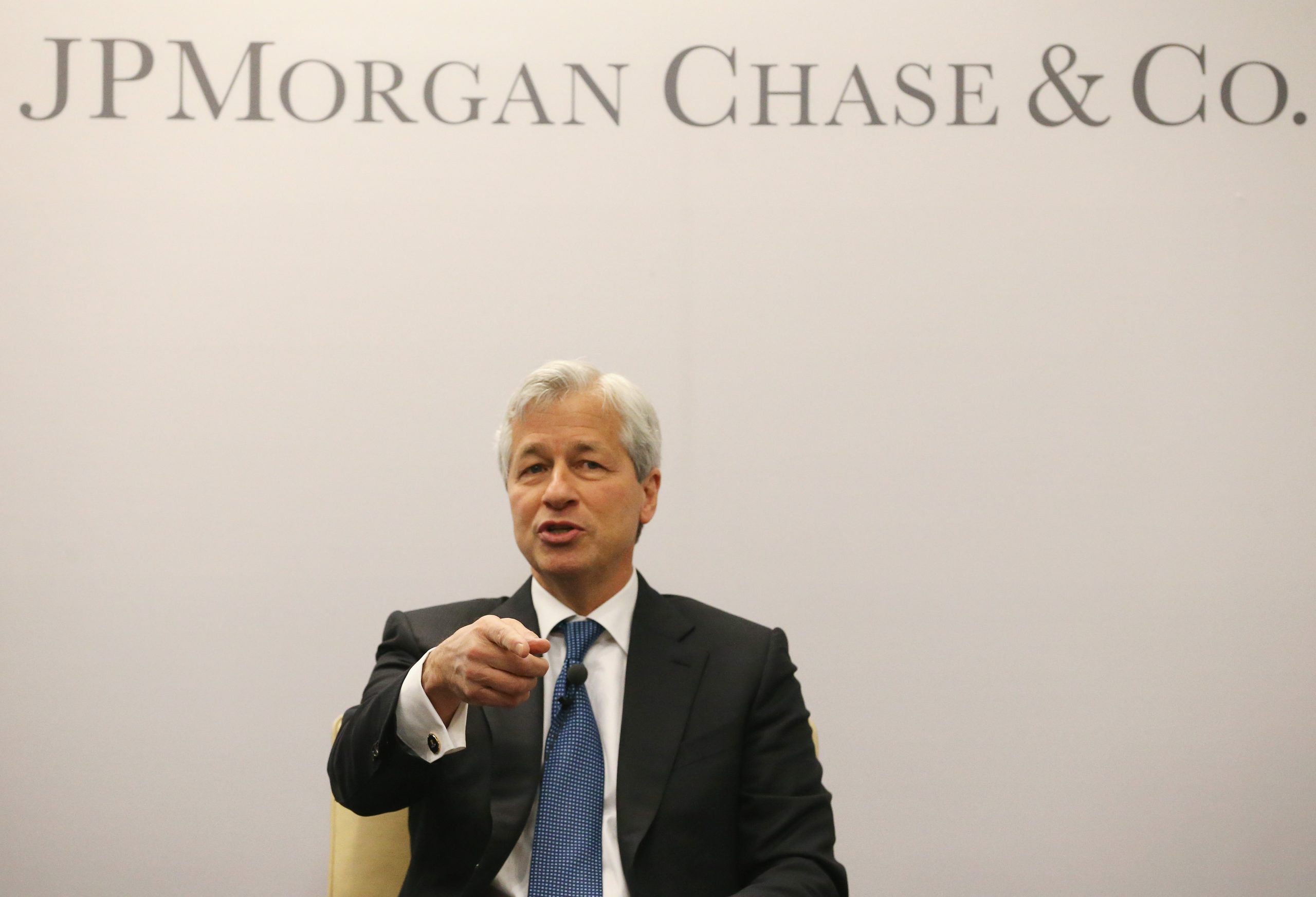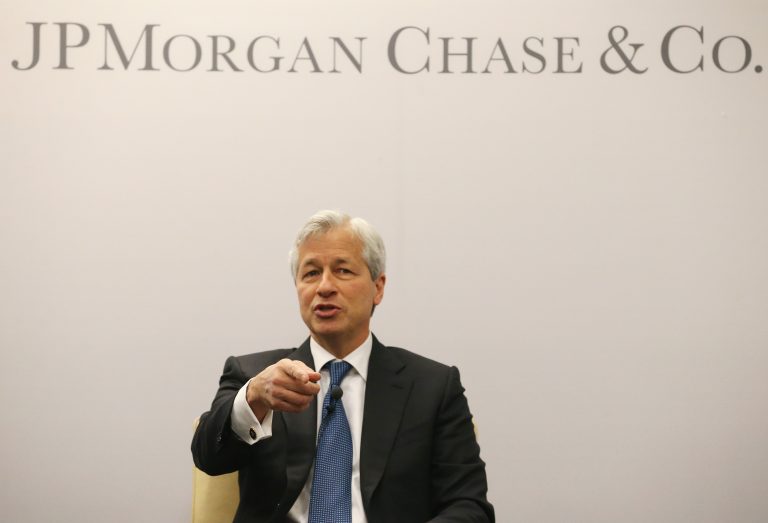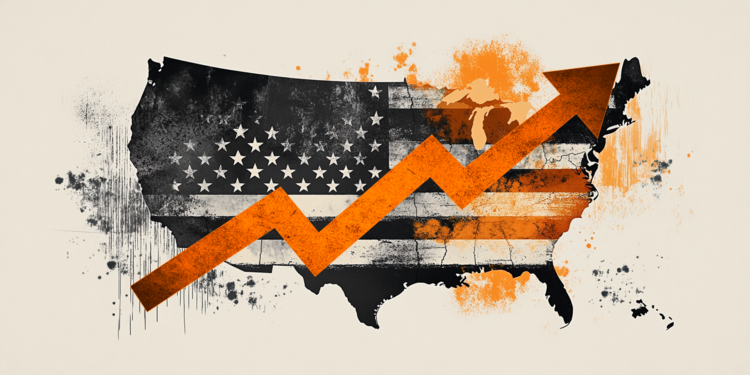JPMorgan Launches $10bn U.S. Security and Resilience Investment Plan Amid Trump’s Push to Rebuild Supply Chains


JPMorgan Chase & Co. has announced a sweeping plan to invest up to $10 billion in U.S. companies considered vital to national security and economic resilience, marking the most ambitious private-sector response yet to President Donald Trump’s renewed focus on industrial sovereignty and defense readiness.
The program, announced on Monday, is part of a 10-year, $1.5 trillion initiative that aims to facilitate, finance, and invest in industries critical to the growth and stability of the U.S. economy — including defense, energy, and manufacturing. JPMorgan said it will deploy the initial $10 billion through direct equity and venture capital investments, with the broader commitment spread across lending, project financing, and capital markets support.
The announcement sent shares of the nation’s largest bank up 1.4% in pre-market trading.
Register for Tekedia Mini-MBA edition 18 (Sep 15 – Dec 6, 2025): registration continues.
Tekedia AI in Business Masterclass opens registrations.
Join Tekedia Capital Syndicate and co-invest in great global startups.
Register for Tekedia AI Lab: From Technical Design to Deployment.
The plan aligns closely with the Trump administration’s agenda to modernize infrastructure and reduce dependence on foreign supply chains, particularly in strategic sectors such as semiconductors, pharmaceuticals, clean energy, and rare earth minerals — all areas where the U.S. has long been reliant on imports from China.
“It has become painfully clear that the United States has allowed itself to become too reliant on unreliable sources of critical minerals, products and manufacturing — all of which are essential for our national security,” JPMorgan Chairman and CEO Jamie Dimon said in a statement accompanying the announcement.
Dimon’s comments echoed the White House’s broader industrial policy objectives, which have gained renewed urgency following President Trump’s revival of a trade war with Beijing last Friday. The president promised to sharply raise tariffs in retaliation for China’s decision to curb exports of rare earth materials, vital components in electronics and defense systems.

Trump, who has repeatedly criticized major U.S. banks for “debanking” clients based on political or religious beliefs, praised the new initiative as a sign that Wall Street was “getting back to serving America’s interests.”
The “Security and Resiliency Initiative”
JPMorgan said its new “Security and Resiliency Initiative” will focus investment on four strategic areas:

- Supply chain and manufacturing
- Defense and aerospace
- Energy independence
- Frontier technologies — including artificial intelligence and quantum computing
These broad areas will be further divided into 27 sub-sectors, covering everything from shipbuilding, nuclear energy, and nanomaterials to secure communications and next-generation computing systems.
The bank also announced that it will establish an external advisory council, composed of public- and private-sector leaders, to guide the initiative. It plans to hire more bankers and investment professionals dedicated to national security-linked transactions and expand research on supply chain vulnerabilities through its recently launched Center for Geopolitics.
The program builds on JPMorgan’s existing work with the federal government. Earlier this year, the bank helped structure the U.S. government’s deal with MP Materials (MP.N) — a Nevada-based rare earth mining company — aimed at revitalizing domestic mineral extraction.
“We’ve had no less than 100 calls with clients to talk about the MP transaction as well as what this means for other industries,” said Andrew Castaldo, JPMorgan’s co-head of mid-cap mergers and acquisitions. “And we’ve had numerous trips down to Washington to explore those opportunities with the government.”
According to people familiar with the discussions, JPMorgan is coordinating closely with the administration on dozens of transactions across up to 30 industries identified as “critical to national and economic security.”
A $1.5 Trillion Industrial Push
The newly announced $10 billion allocation forms part of a much larger strategic plan. JPMorgan revealed it has already committed to facilitating about $1 trillion in financing for clients in these strategic industries over the next decade, and now plans to expand that figure by 50%, to $1.5 trillion.
Analysts say the bank’s decision represents a structural pivot in how Wall Street approaches industrial investment — from maximizing global efficiency to reinforcing domestic production capacity.
Policy Frustrations and a Call for Speed
While unveiling the plan, Dimon also took aim at regulatory and bureaucratic delays that he said were stalling America’s ability to rebuild.
“America needs more speed and investment,” Dimon said, warning that outdated policies and workforce shortages were undermining progress. He added that if key reforms and infrastructure modernization “had been done earlier, things wouldn’t be this bad.”
That sentiment aligns with the Trump administration’s push for accelerated permitting and deregulation to encourage investment in manufacturing, energy, and defense.
The U.S. is currently pursuing deals across multiple strategic sectors, ranging from critical minerals and microchips to advanced defense manufacturing, as part of an emerging national security-industrial complex that fuses government policy with private capital.
In that sense, JPMorgan’s plan is not merely a financial commitment — it is a signal that Wall Street is re-aligning with Washington’s industrial strategy under Trump’s second term.
The bank is effectively positioning itself as a financial backbone of America’s new industrial era by combining its capital strength with federal priorities, helping to fund projects designed to re-shore production, secure supply chains, and drive technological self-sufficiency.
Market analysts expect the plan to stimulate investment in middle-market defense and energy companies, particularly those seeking capital to scale domestic production. It may also boost innovation in frontier technologies — especially in AI and quantum computing, where national competitiveness has become a defining geopolitical issue.
If successful, JPMorgan’s $10 billion security initiative could serve as a template for other major banks, including Goldman Sachs and Bank of America, to follow suit, as Wall Street and Washington draw closer in reshaping America’s economic future.





